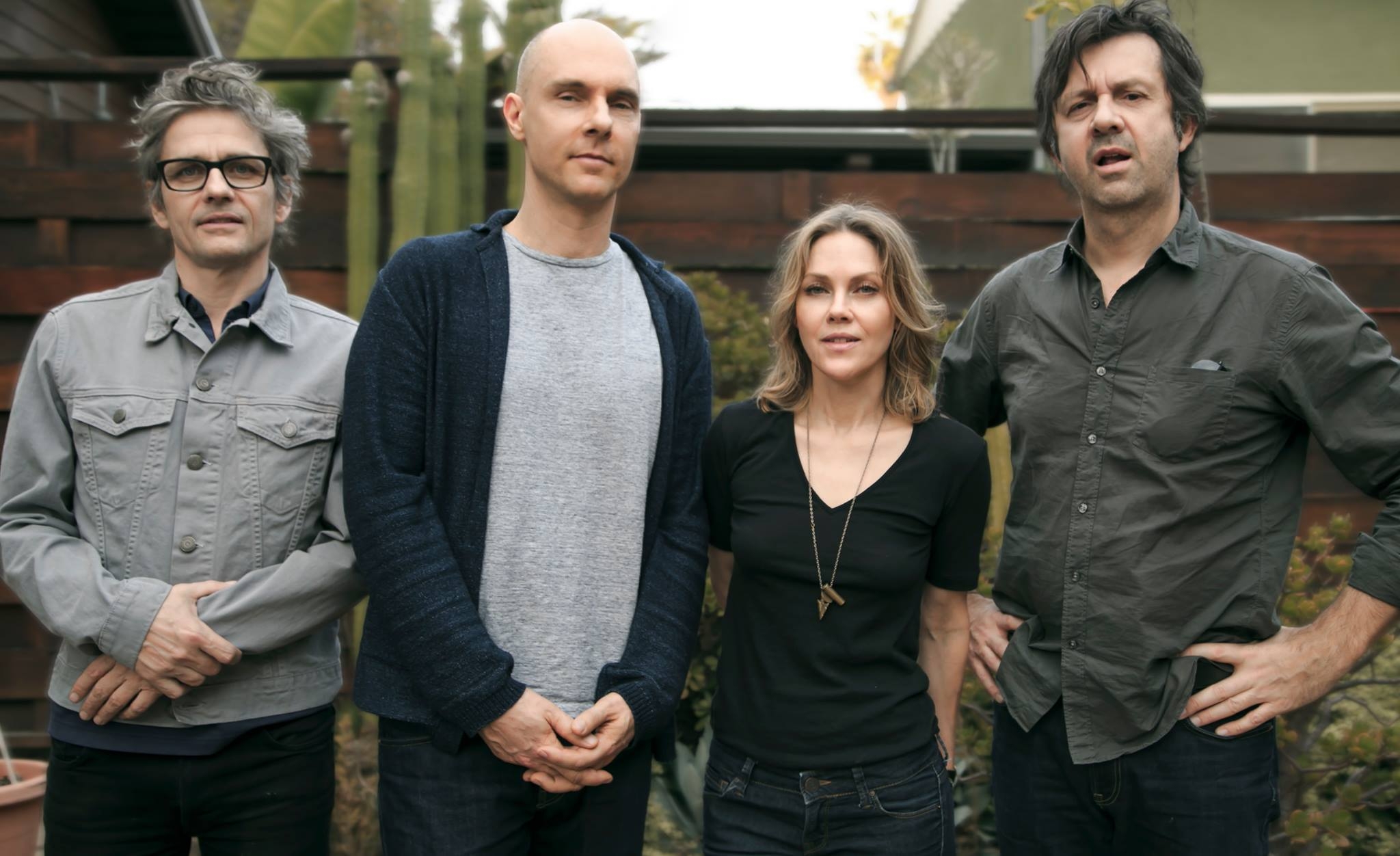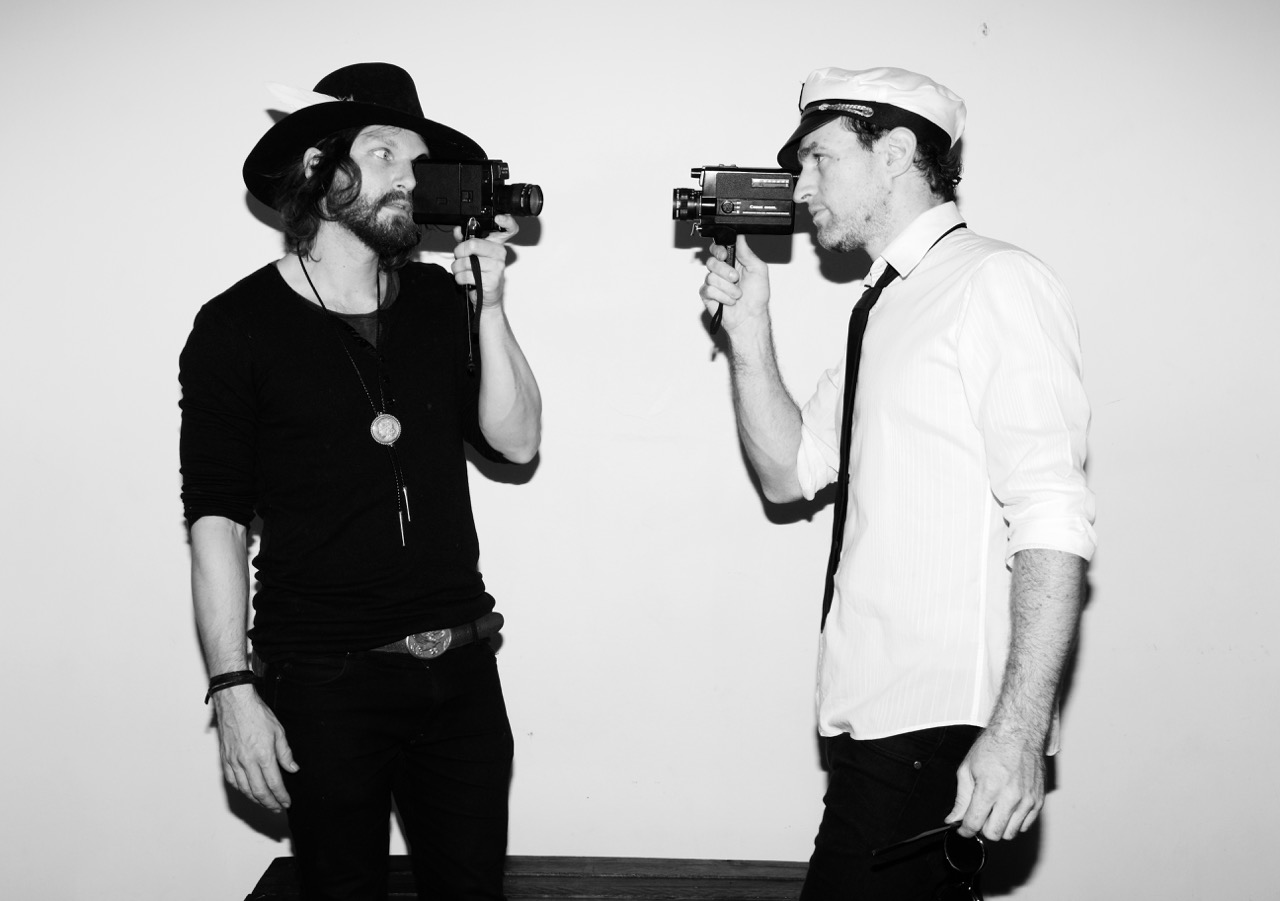“Yes, I remember that David Byrne quote,” Wareham laughs. “But when we did get back together in Spain last year it was nothing like getting back together with an old girlfriend. It was actually a lot of fun, and it was exciting to play the songs.”
Wareham formed Luna in the aftermath of the demise of his previous band, Galaxie 500. Galaxie 500 had imploded acrimoniously, with Wareham not speaking to his former Galaxie 500 band mates, Naomi Yang and Damon Krukowski, for many years. “It was hard being in a band with a couple,” he says. “So I wanted to have my own band – and I wanted to have a quartet, because a trio can be really difficult on stage.”
While Wareham wanted Luna to explore different musical territory to Galaxie 500, there was no grand plan. “I think a band takes on a life of its own based on the people that are in it,” he says. “You can have something of an idea, but you don’t really know where it’s going to go.”
Wareham is mildly critical of Luna’s debut album, Lunapark, released in 1992. However, the follow-up EP, Slide, included Egg Nog, an instrumental track penned by the band’s original bass player Justin Harwood that Wareham once claimed was “just about the best thing the band ever committed to record”.
“Sometimes doing an EP or a collection of B-sides can be better because there’s not as much pressure,” he says.
Yet Wareham says it wasn’t until the release of the band’s third album, 1995’s Penthouse, that Luna “really hit [their] stride”. Penthouse is routinely lauded as Luna’s most impressive recording, and includes the elegant eight-minute dream pop track, 23 Minutes in Brussels.
“I took the name of that track from a Suicide bootleg,” Wareham says. “Suicide were supporting Elvis Costello and they got booed off the stage and someone steals Alan Vega’s microphone.”
In 1993 Luna were offered the support gig of a lifetime, accompanying The Velvet Underground on their European reunion tour. For The Velvet Underground, the tour was fraught: Lou Reed and John Cale struggled to overcome personal and artistic differences, and the band broke apart again shortly after the end of the tour. But Wareham says Lou Reed was a model of goodwill and kindness toward Luna.
“Lou was always very nice to us. He always treated us really well, and always made sure we had the opportunity to do a sound check.”
In 1999 Justin Harwood left Luna to be replaced by Britta Phillips. Wareham and Phillips began a relationship and married some years later (Wareham and Phillips continue to play and record as Dean and Britta). Luna would go on to record a total of seven studio albums before disbanding in 2005. While they received constant critical acclaim during their 14-year career, the band never achieved commensurate commercial success. Though, it’s not something Wareham spends too much time dwelling on.
“I don’t know if I’d do anything differently if we had to do it all again. All we ever did was to try and make the best songs we could. We didn’t sit there listening to the radio trying to work out what we should try and sound like. I remember reading an interview with John Lydon in which he said once you start doing that you become everything you hate.”
BY PATRICK EMERY

